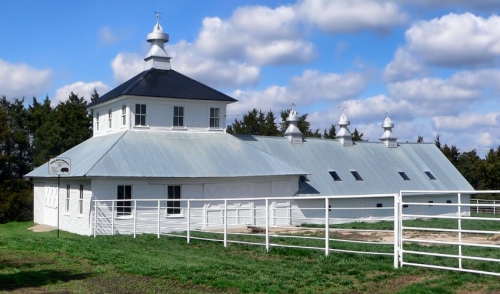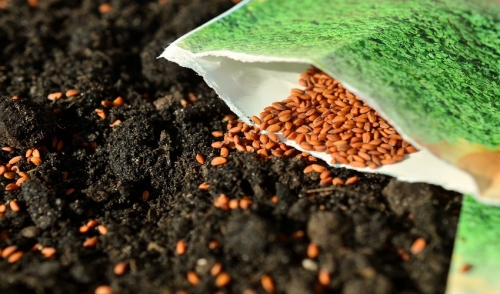Starting Seedings Indoors to Kick Start Your Garden
Starting seedlings indoors has many benefits for gardeners and can increase the productivity and variety of your garden. It's not difficult, but does take some...

With summertime in full swing, it means there are longer days and more time you can spend outside with your barn animals. However, summertime and warm weather also means that flies begin to reproduce and will start tormenting your livestock. Follow these tips to fight back and prevent barn flies from causing problems for both you and your barn animals.
Flies are not only annoying, but they can also spread diseases to your horses and livestock that can lead to digestive or growth problems. Preventing barn flies is not just about getting rid of a pest; it’s also about protecting the well being of your animals. To start, everyone can control and limit the number of flies in the barn by implementing proper manure disposal practices. Stable flies breed in manure and most flies have a preference to utilize manure for reproduction. Remove manure from the barn at least once a day and more if possible. No manure will equal to little or no flies in your barn. Make sure to store the manure in a covered area or dumpster far away from your property or barn. In addition to cleaning up the manure, clean up any soiled bedding or wet areas inside the barn as well. Moisture control is very important, as wet areas are another common breeding ground for flies. Try to keep box stalls dry from urine or leaking fixtures. This will help keep the fly population down to a minimum. Another tip to preventing barn flies are utilizing traps. Traps come in many different forms with the most common trap being the sticky flytrap. Sticky flytraps effectively capture flies using a glue-covered surface and can be hung anywhere flies congregate. If you don’t like traps, you can also use barn fans. Flies are less active when there’s a strong breeze as it negatively affects their ability to fly. Install barn fans above your box stalls or use freestanding fans in the aisles of your barn to blow flies away from your barn. If you’re in for the long haul or have had a bad experience with flies in your barn in the past, I highly recommend utilizing spray systems. In a barn environment that has a regular issue with its fly population during the summer, an overhead fly spray system can significantly decrease the number of flies in your barn. Spray systems automatically release fly repellant or an insecticidal mist throughout the day that prevents flies from landing and biting your animals.
There are other methods to prevent barn flies such as supplementation, cover-ups, and biological controls such as parasitic wasps. It’s nearly impossible to block every single fly, but with proper barn management and one or two of the tips listed earlier, flies will be the least of your concern. Get started using multiple methods to maximize your prevention of barn flies today.

Our most popular bird seed blend, All Season is the ultimate value in bird food. Designed for year-round bird feeding, and for attracting the widest variety of wild birds.
On Sale: $10.88
Reg. Price: $19.99
Not valid with any other discounts or sales.

Starting seedlings indoors has many benefits for gardeners and can increase the productivity and variety of your garden. It's not difficult, but does take some...
Comments